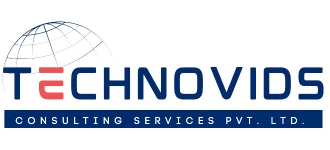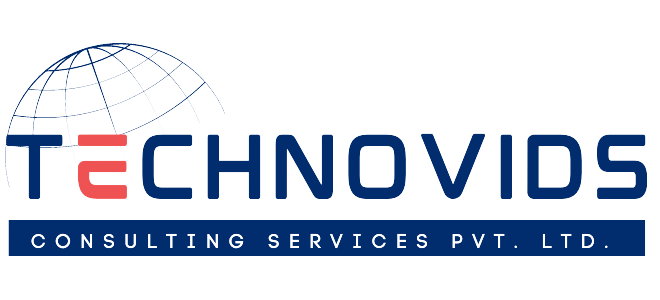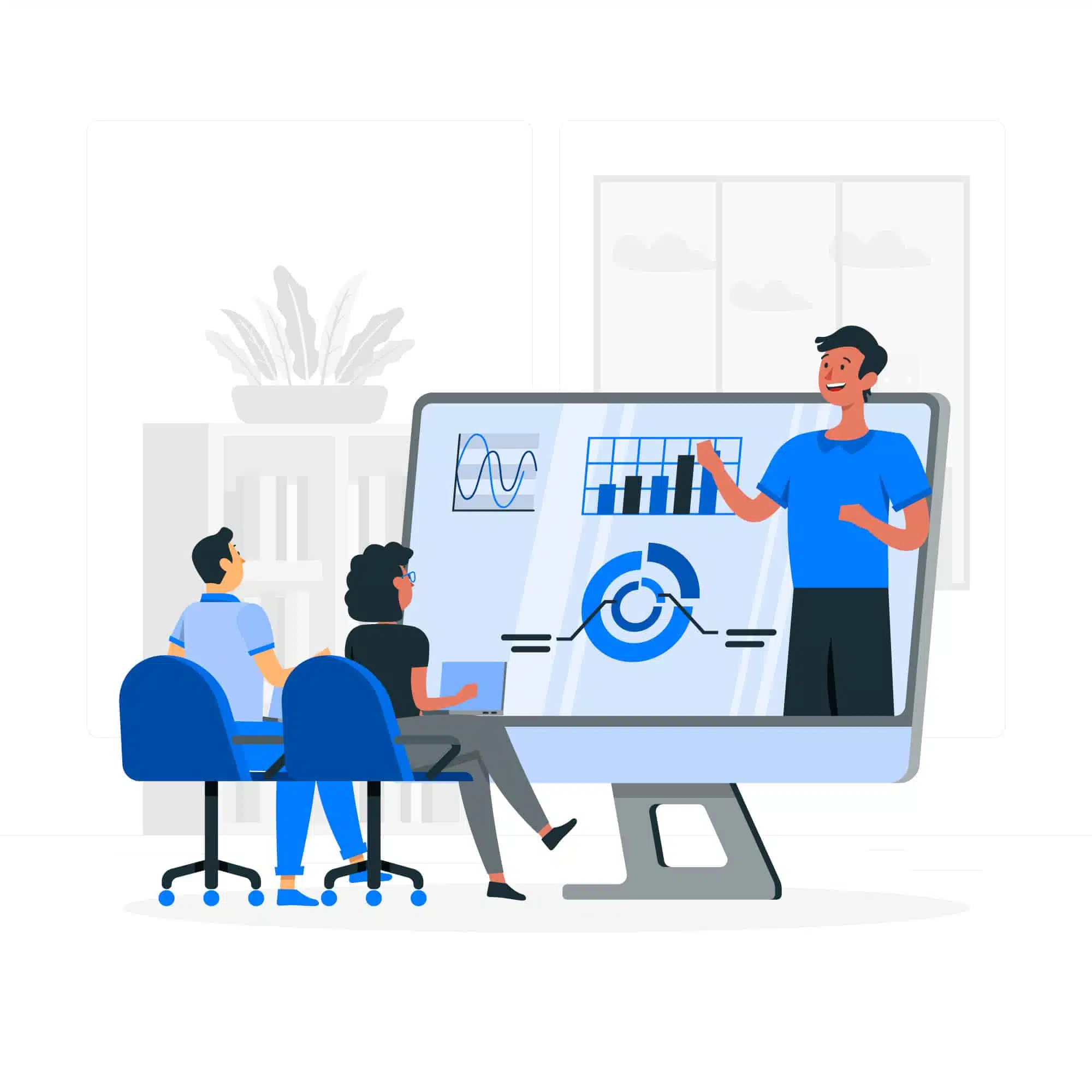DevOps - CI/CD tools services
Learn Continuous Integration and Continuous Development (CI/CD) Using GIThud- Jenkins- Docker and Kubernetes.
CI/CD generally refers to Continuous Integration and Continuous Delivery or Deployment. Thus CI/CD DevOps Online Training course is to learn the CI/CD process for Accelerating the software development process. With the help of DevOps Methodologies, you will learn DevOps pipeline and tools associated with it, for the principle aspect of automated built, test, and deployment. You will be able to give your career a kick start with the help of hands-on projects guided by our experienced industrial trainers.
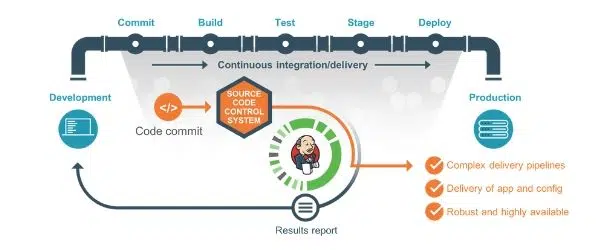
Course highlights:
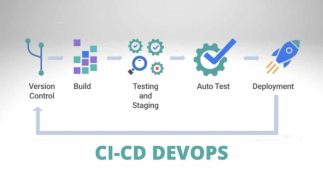
This DevOps Online training will help you to deploy the CI/CD Pipeline with DevOps Tools On cloud-platform.
- 24 hrs Online Class
- 4+ Real Time Projects
- 3+ Home Assignments
- Experienced Trainers
- Recording access
- Softskills & interview
$310.00
